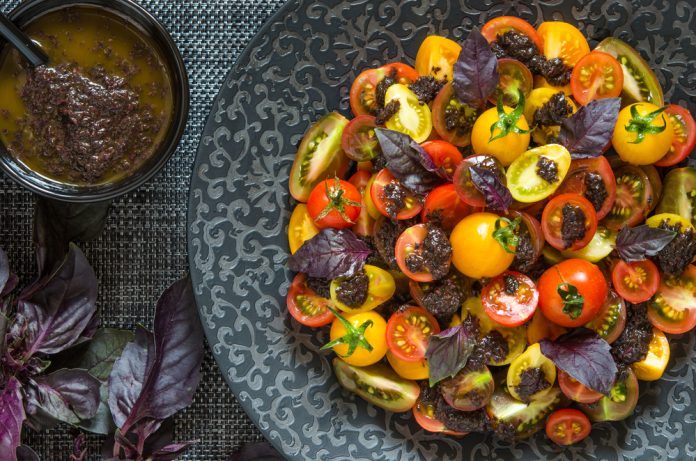Rising costs and competition have led to an increase in UK restaurants going bust.
Last year, the number of restaurants in the UK that collapsed increased by a fifth, a trend that is set to continue in 2018.
“Pressure on the restaurant sector is now hitting even the biggest names on the high street,” said Jeremy Willmont, the head of restructuring at the law firm Moore Stephens.
“The jump in insolvencies over the last year demonstrates just how tough the current economic conditions are for the restaurant trade,” he added.
“Running a restaurant business is becoming increasingly challenging. Employment costs are rising and the market in areas such as London is becoming ever more saturated.”
Restaurants that have announced closures this year include Jamie’s Italian, which is planning to close 12 of its 37 UK branches.
Byron burger is also planning to close up to 20 restaurants in a rescue package. KPMG will handle the restructuring of the group and said that employees, suppliers and business rates would continue to be paid on time and in full.
Celebrity chef Jamie Oliver is also considering the sale of his Barbecoa steakhouses in Piccadilly and St Paul’s.
“We have instructed a firm of real estate experts to ascertain the potential value and market suitability of two of our sites,” said Jamie Oliver Restaurant Group.
The company said that the closures of the restaurants were due to uncertainties caused by Brexit and the “tough” market.
The Barbecoa steakhouses are yet to find a buyer.
“There is too much capacity in the market with consumers having a considerable amount of choice,” said Roger Tejwani, head of consumer sector at stockbrokers Finncap, who said the struggle was partly due to saturation in the market.
“They are all competing against each other and other forms of entertainment.”

